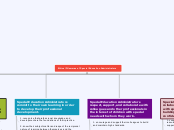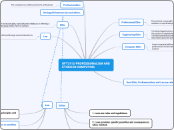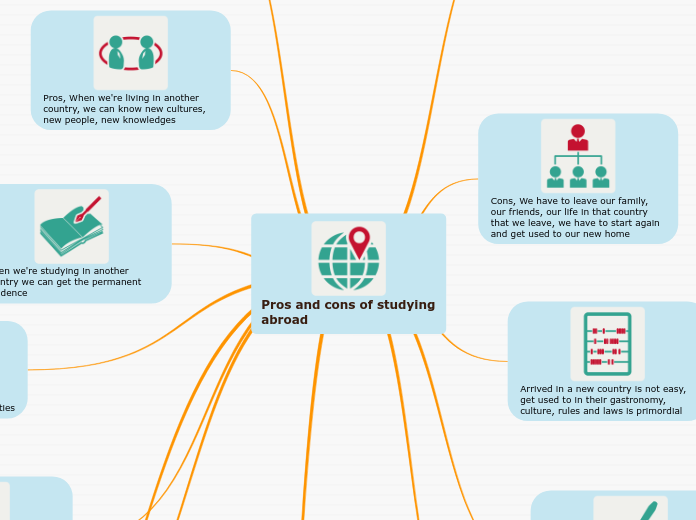por Stacey Thierry hace 7 años
281
Ethical Dilemmas of Special Education Administrators
Special Education Administrators play a crucial role in fostering the intellectual and ethical growth of the learning community. They maintain a strong commitment to professionalism, integrity, and competence while working with children, youth, parents, and other professionals.









